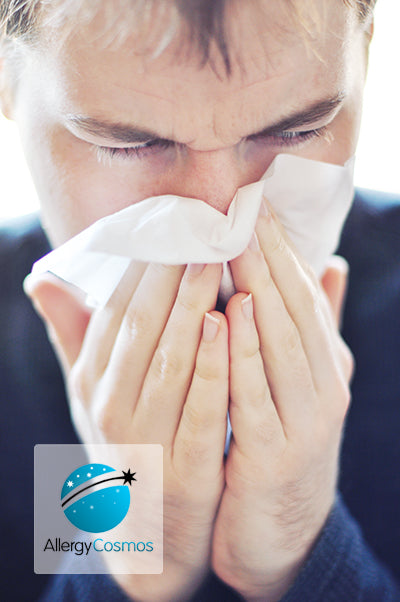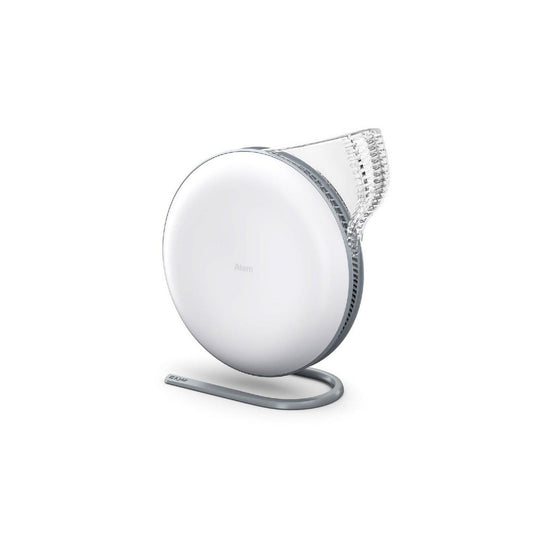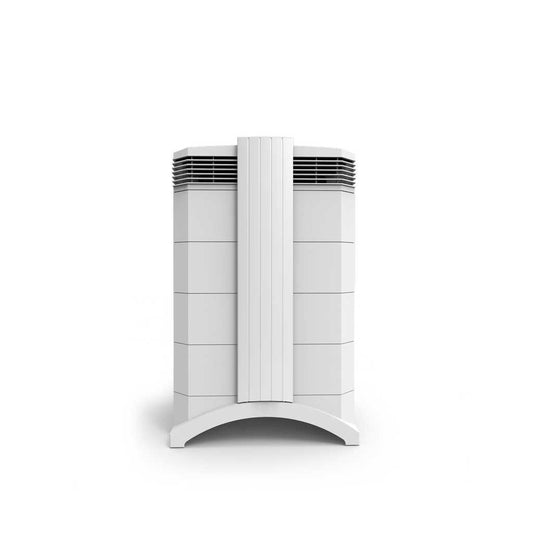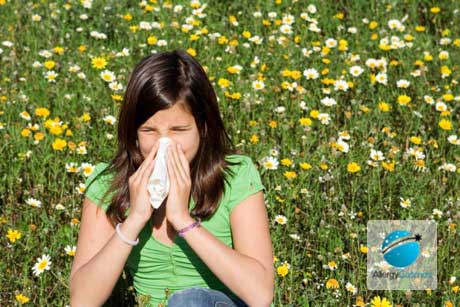
Hay Fever
Hay fever is one of the most common of the allergic diseases and affects roughly one in four people in the UK. Hay fever causes symptoms such as sneezing, watery eyes and blocked nose and can make life a misery for many, particularly during Spring, Summer and early Autumn. You can suffer from hay fever at any age and allergic reactions are triggered by a wide range of pollen from wind-pollinated trees, grass and weeds.
Frequently Asked Questions
What are the symptoms of hay fever?
What causes the symptoms of hay fever?
How common is hay fever?
Can hay fever be confused with other conditions?
What effect can hay fever have on everyday life?
Is air pollution linked to hay fever?
When does the hay fever season begin and end?
Related Products
-
IQAir Atem Desk
Regular price £399.00Regular priceUnit price per -
Allergy & Asthma Free Home Package
Regular price £65.95Regular priceUnit price per -
IQAir HealthPro 100 Air Purifier
Regular price £899.00Regular priceUnit price per









